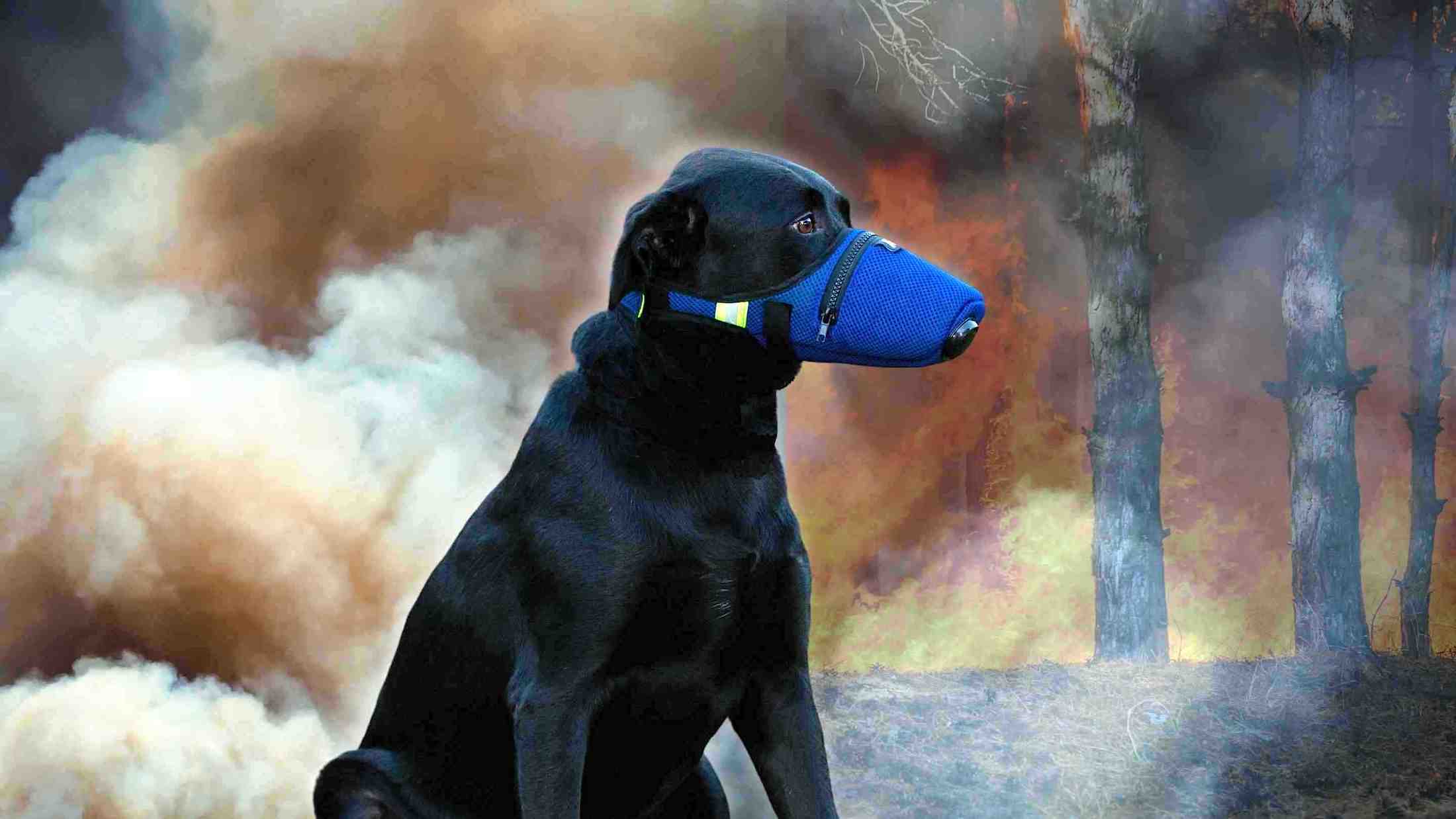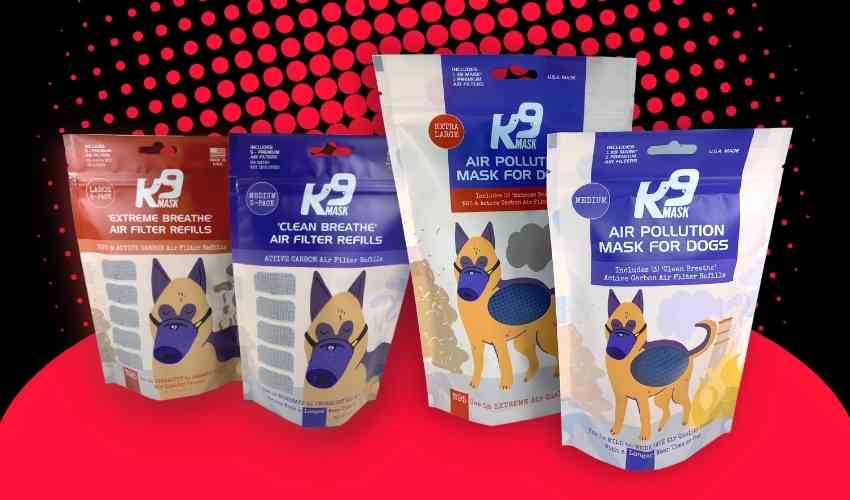Volcanic ash is poisonous to pets and it is also highly abrasive. Animals are vulnerable to the hazards brought on by volcanic activities. Your animals are your responsibility. You need to include them in your planning in the event of an emergency.
The following information will help you prepare to ensure the welfare of your dogs in a volcanic eruption. A multitude of dangerous particles and gases, such as aerosols, are carried in volcanic ash. Some of these include; Carbon dioxide, Sulfates (sulfur dioxide), Hydrochloric acid, and Hydrofluoric acid."
Dog owners are also being warned that should ash get on their pet’s fur or coat, skin or eyes, to wash it off immediately. If this is not done, the ash can cause damage to the areas of contact and can lead to bacterial infections. In the event of a volcanic eruption in your vicinity, pet owners are advised to keep their animals indoors as much as possible.

Food and water bowls should be protected from the volcanic ash. If pets consume ash this can lead to poisoning or ulcerations, even small doses can have great ill effects. It is also important to ensure that toys and bedding used by pets do not become contaminated with the volcanic ash.
Pet owners are further reminded that they should watch for signs of illness, such as coughing, difficulty breathing, sneezing, diarrhea, depression, excessive drooling, constipation, loss of appetite and vomiting.

In cases where persons suspect that their dog has been adversely affected by the volcanic ash, and/or show any of these symptoms they should contact their veterinarian.
How can you keep your dog safe during a volcanic eruption? Here are several tips from an animal welfare and environmental protection group:
Keep pets indoors
You are urged to keep pets indoors out of the ash. Large animals, like livestock, should be safely tucked in stables or any form of shelter.
Don’t expose pet food, water bowls
Pet owners should rinse grass or vegetation, which is commonly used as food for goats and sheep, to make sure to it is free from ash.
Watch out for possible respiratory problems
If your pets show symptoms such as coughing, sneezing, and difficulties in breathing, then it’s best to have them checked by your resident veterinarian.
Give your dog a bath
If you are outside in the ash, then it is worth the time to wash any ash off of your animal once it returns indoors. Do not let them lick the ash, because this ingestion might make the animal sick.
Prolonged exposure and contact to volcanic ash is proven to cause a myriad health hazards to dogs like nose, mouth, and eye irritation, bronchitis-like illnesses, and even injuries due to accidents caused by the ash fall. But while you have probably taken necessary measures to protect yourself from this calamity, we hope that you have also taken your pets’ safety into account.














